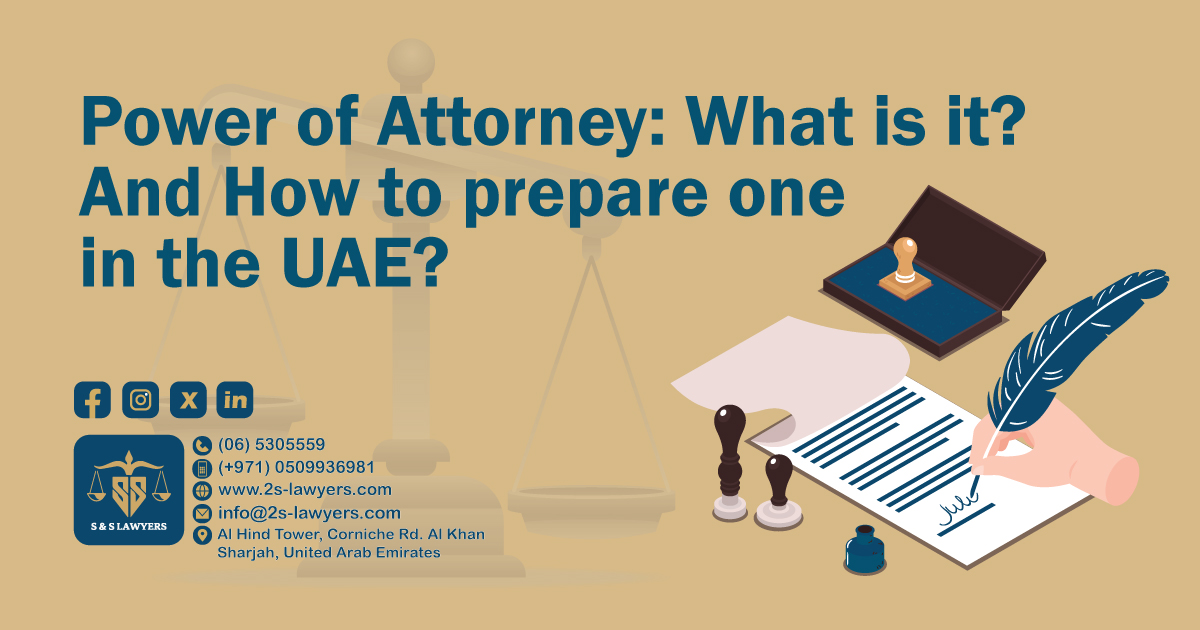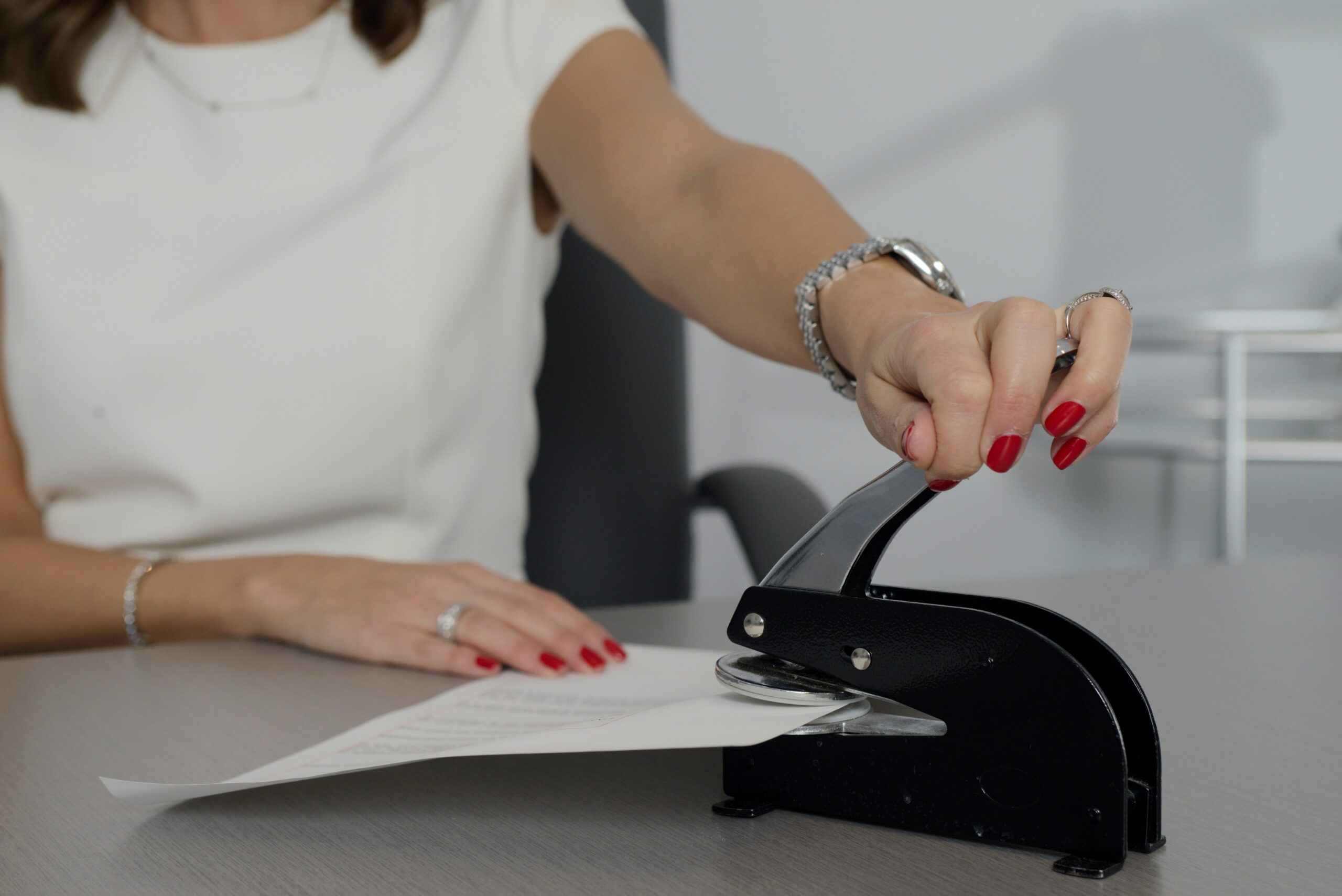Power of Attorney: What is it? And How to prepare one in the UAE?
Posted by
webtech

There are instances that you aren’t able to process your own documents or when you have to do something in the legal space so you find someone that can do these things on your behalf but then you can’t just ask them to do it for you without a legal consent like the “Power of Attorney”.
What is a Power of Attorney?
A power of attorney is a notarized written legal document that allows someone else to act on your behalf with regard to legal matters.
This type of legal document can be helpful to older people and others who want to choose a trusted person to act on their behalf when they cannot, and not creating one in advance can lead to other processes that are more lengthy, expensive, and very public.
1. General Power of Attorney
Gives power to an agent to manage the things that need to be dealt with on someone’s behalf when they’re out of the country or their physical or mental health is compromised and is limited only for a period of time. There is a list of things that gives an agent a range of power and responsibilities such as managing of bank matters and other transactions like power of attorney bank account, filing of tax returns, selling, buying or managing real estate and other properties, setting claims or entering into contracts.
2. Special Power of Attorney
Designed specifically for certain purposes, also known as Limited Power of Attorney (LPOA).
The agent is given a range of powers to handle specific affair/s, and there’s a massive importance to clearly specifying the acts that you wish for your agent to perform on your behalf since the Special Power of Attorney is limited to those acts written in the document only. Additionally, the principal may create more than one special power of attorney, naming a different individual in each one.
3. Lasting Power of Attorney
This Power of Attorney basically covers the people who can see in the future that they won’t be able to be physically or mentally capable of doing their own personal, financial, or business affairs. It is used to make arrangements for them to appoint members of their family or even friends to make decisions on behalf of them.
One of the benefits of LPA is it enables a person to make a personal, considered choice of a trusted proxy decision maker who is reliable and competent to act in his/her best interests should he/she lose mental capacity one day and it alleviates the stress and difficulties faced by loved ones who need to apply for a deputyship order, if the personal loses mental capacity without an LPA in advance.
What are the risks of POA?
POA obviously has its risks because it fully gives someone authority over your finances without regular oversight, this is known to be as “POA Abuse” and it can be a complicated matter that needs working with a lawyer to protect you against potential abuse. The individual that has been given the right or power to should act in that person’s best interest but sadly, sometimes people will choose to manipulate the other person or use their assets for their personal gain and when that happens, you need to know how to identify the misuse to ensure your loved ones and their interests remain protected.
What is POA Abuse?
POA abuse can be any forms such as: the agent might pressure that principal for authority that you do not want to grant, the agent may spend the principal’s money on themself rather than for their benefit, the agent might do things that the principal did not authorize them to do - for example, make gifts or change beneficiaries on insurance policies or retirement plans.

How to protect someone from POA Abuse?
In order to easily spot POA abuse, it is important to take some necessary measures before creating a POA for someone to handle your finances or businesses.
1. Appoint someone that you really trust and make sure they know your wishes and preferences. One more measure you can take when creating a POA is stating in the document that you require your agent to regularly report to another person on the financial transactions they make on your behalf.
2. Always remember that POA designations are not set in stone - it means you can change them anytime you want if you think that your agent isn’t the best person to handle your finance, revoke or cancel your POA when you get in that situation.
3. Telling your family members, other friends and financial advisers about your POA so they can look out for you - and maybe spot a forged document.
How to create a POA in the UAE?
There are different types of Power of Attorney in the UAE that you can get, depending on their own specific purposes and limitations. The first step in creating a POA is by drafting it, the principal can do this or they can hire a professional legal service provider to do it for them and this POA document needs to be translated in Arabic if it's in English. Take note that drafting a POA must be concise, precise, clear and is meeting all the requirements. S & S Lawyers are legal services providers based in Sharjah, UAE that drafts such legal documents with precision and clarity, call our legal professionals via (06) 5305559 for further inquiries.
You are then required to have it notarized, the principal must present their Emirates ID, and/or a copy of their passport, and pay the notarization fees.

